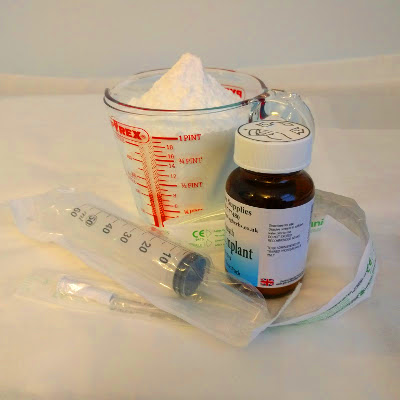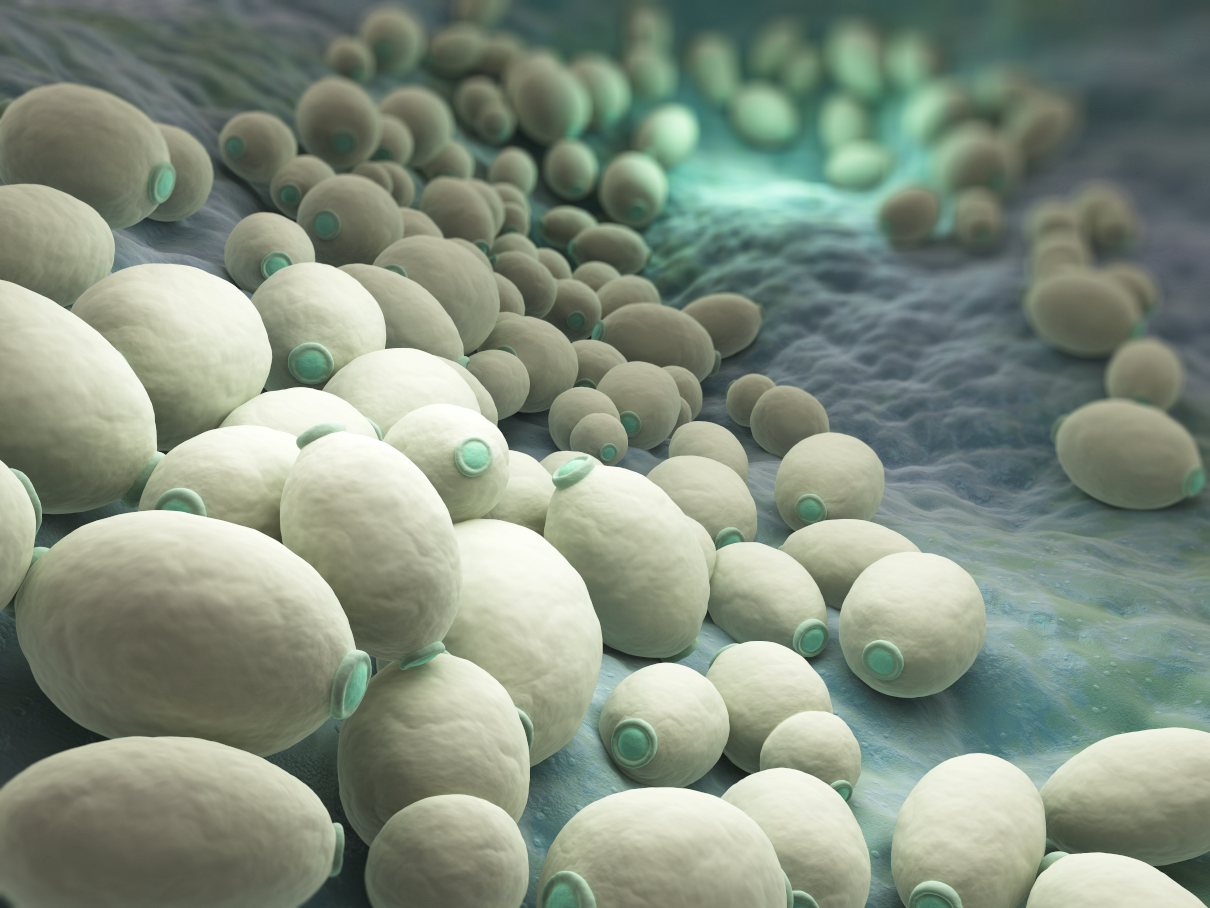
The intestine is not only an organ that digests food. Bacteria inhabiting it play an essential role in protecting the body from infections. This organ’s state primarily determines the human immune system since 70% of immune cells reside here. Intestinal microflora and the immune system intertwine closely.
We call the variety of microorganisms living in the human gastrointestinal tract intestinal microflora. Most of them are bacteria of the colon, mainly represented by bifidobacteria and lactobacilli. These probiotic microorganisms are important for human health and perform many necessary functions to ensure healthy body functioning.
Immune system
The main ones are the following:
- digestion of food;
- synthesis of specific vitamins such as K, B12, PP, etc.;
- obstruction of reproduction of pathogenic and conditionally pathogenic microorganisms;
- stimulation of the immune system
Intestinal microflora and the immune system interrelate. Therefore, it is also necessary to take care of the condition of the gastrointestinal tract to maintain health.

One colonic irrigation session including consultation
Colon irrigation and comprehensive consultation with a professional colon hydrotherapist registered with RICTAT and ARCH at the Parkland Clinic in Holborn. We use a closed system only—London’s best colonic hydrotherapy deal.
Effect of proper nutrition on intestinal microflora and the immune system
As mentioned earlier, we typically should suppress pathogenic or conditionally pathogenic microorganisms by the bacteria that are friendly to the body and present in the intestine. However, many factors associated with a person’s daily existence, such as his habits, the environment, diseases, and medications, may adversely affect the intestinal microflora, disrupting its balance.
In this case, conditions arise for the development of pathogenic microorganisms. Besides, the normal functioning of the intestines starts malfunctioning. Moreover, the body’s immune system’s ability to resist infections is deteriorating.
The following factors adversely affect the intestinal microflora:
- unhealthy diet;
- alcohol intoxication;
- diseases of such organs of the digestive system as the liver, stomach, and pancreas;
- long-term use of antibiotics;
- stresses.
Gastroenterologists consider proper nutrition the primary condition for maintaining intestinal microflora balance.

Food intolerance test of 208 ingredients
This is our most comprehensive food and drink test. It analyses your client’s IgG antibody reactions to 208 food and drink ingredients. This test will highlight their food triggers and help you formulate an IgG-guided elimination diet together.
Intestinal microflora
We should balance and diversify it, using mainly natural products such as meat, sausage, fruit, and not candy. When cooking, we should prefer boiling, stewing, and baking. Fats, ready-to-eat store meals, sugary drinks, and sweet pastries are subject to restrictions.
Low-fat dairy products, such as kefir, yoghurt without additives, and ryazhenka, are essential to nutrition and contribute to maintaining intestinal microflora healthily. They contain the body’s necessary bacteria and create a favourable environment in the intestine for the suppression of pathogenic microorganisms, thereby helping probiotics successfully perform their functions of immune protection.
Intestinal microflora and the immune system ensure our health. For example, colonic irrigation allows us to restore the healthy microflora of the bowel. Moreover, experienced professionals carry out colon hydrotherapy in our clinic in central London.

Probiotic implant and alkalising colonic with bicarbonate of soda
Alkalising colonic irrigation with bicarbonate of soda and high strength probiotic implants and comprehensive consultation is available at Parkland Natural Health Clinic.











